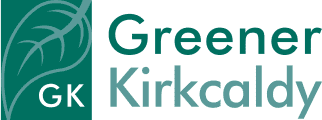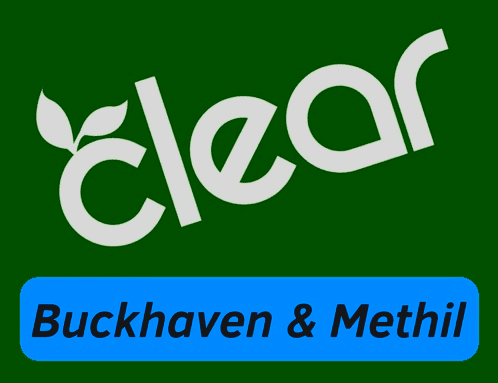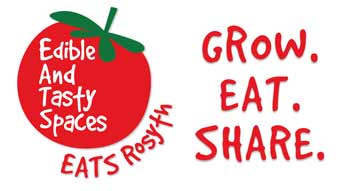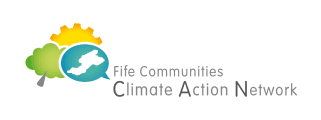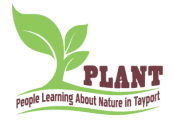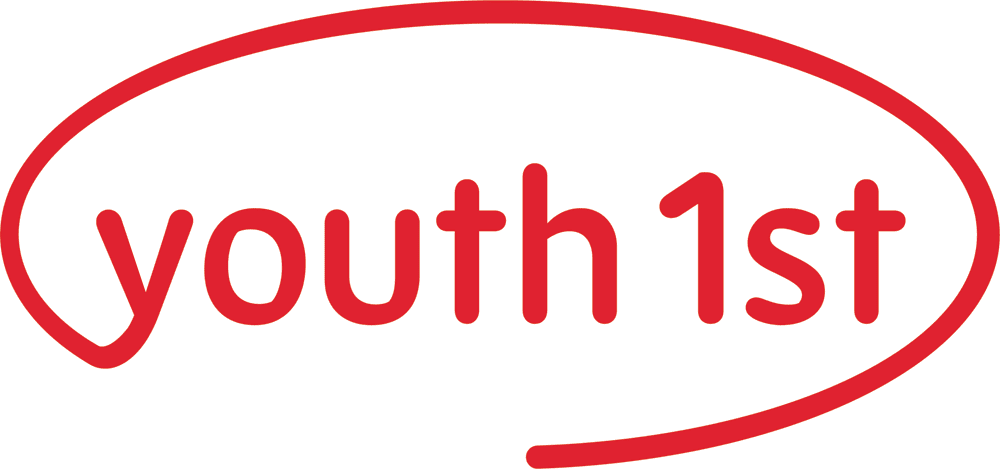Why wealth and prosperity is more than Gross Domestic Product (GDP)
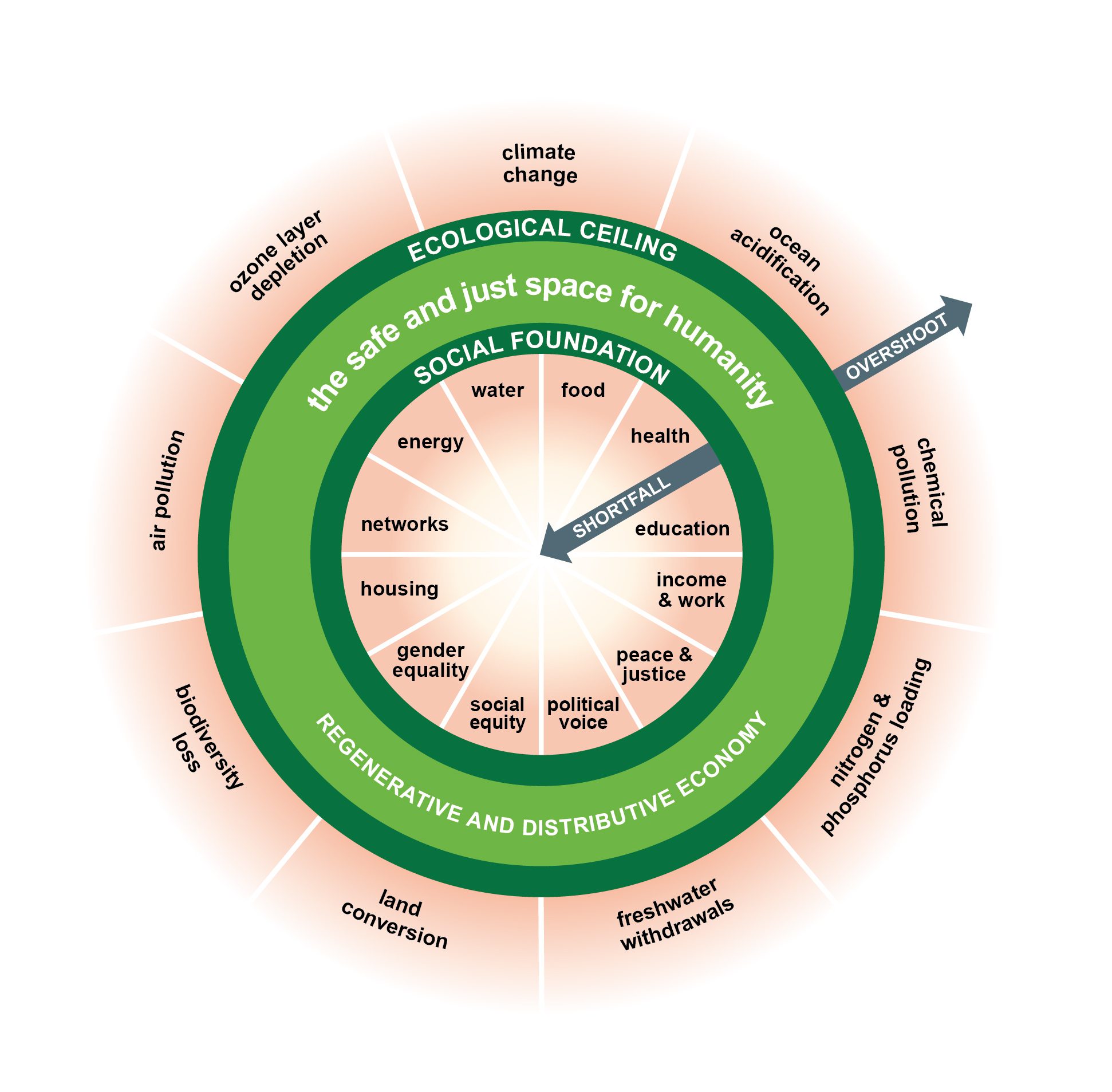
I have to admit I’m not a big fan of doughnuts, and despite being born in the town of Adam Smith economics was never high on my list of interests. However, last year I was introduced to the brilliant Kate Raworth’s Doughnut Economics. After watching her TEDx talk Why it’s time for ‘Doughnut Economics’ economics became something I am hugely interested in.
Doughnut Economics
Doughnut economics is a theory proposing a change to the current model used all over the world. Gross Domestic Product (GDP) and its growth is traditionally how we measure a country’s wealth. Doughnut Economics changes the goal of national and global economics, from increasing GDP to creating a society that provides enough material and services for everyone whilst living within our planetary means.

This means protecting our planet’s limited natural resources while we create a thriving and fair society. In short, realising we don’t always need more stuff, and when we do need to consume, we should try as hard as possible to make sure the goods are sustainable.
Businesses need to make money and often that is by selling things I hear you cry! Yes, indeed and that is where the Kindness Economy proposed by the Queen of the High Street Mary Portas comes in. She highlights that there has been a shift in the values of customers, particularly in the under 35’s. Price is still an important factor, especially in a cost of living crisis. But so is the fairness with how the company treats people and how the business affects the planet.
Kindness Economy
An example of this is in the B Corp movement. B Corps are companies shown by B Lab to meet high social and environmental standards. Research shows that these companies have grown 28 times faster than the national economy average of 0.5%. This shows that living within the planetary means can lead to your business growing in sustainable ways.
Wellbeing Economy
Scotland is one of the founding members of the Wellbeing Economy Government’s partnership. The Scottish Government has recently created the Cabinet Secretary for Wellbeing Economy role and published a Wellbeing Economy Monitor. The Scottish Government has also created a subgroup on Wellbeing Economy for its New Deal for Business Group.
What exactly is a well-being economy? It follows a very similar form to that suggested by Kate Raworth in her Doughnut Economics idea. Academics define it as an economy that ‘delivers good lives for all people and protects the health of our planet.’
The Wellbeing Economy Alliance (WEAll) is a collaboration of organisations, alliances, movements and individuals working towards a wellbeing economy, delivering human and ecological wellbeing.
Michael Weatherhead, co-founder and Development Lead at WEAll, states that a successful wellbeing economy must meet the following fundamental needs.
- Dignity- everyone has enough to live in comfort, safety and happiness.
- Fairness- justice is at the heart of the economy.
- Participation-citizens are actively engaged in their local communities and locally rooted economies.
- Purpose- institutions serve the common good and create value.
- Nature- a restored and safe natural world for all life.
Weatherhead believes that in a wellbeing economy a far greater proportion of businesses would believe the natural world is a key stakeholder, as the company Patagonia does.
The Scottish Government wants to reduce climate-damaging emissions to net zero by 2045. Rewiring the economy so it genuinely puts people and planet first is key to making that a reality.
If you want to find out more and get involved, take a look at WEAll’s Business of Wellbeing guide for inspiration.
Louise Oliver, Business Outreach Coordinator, Greener Kirkcaldy

